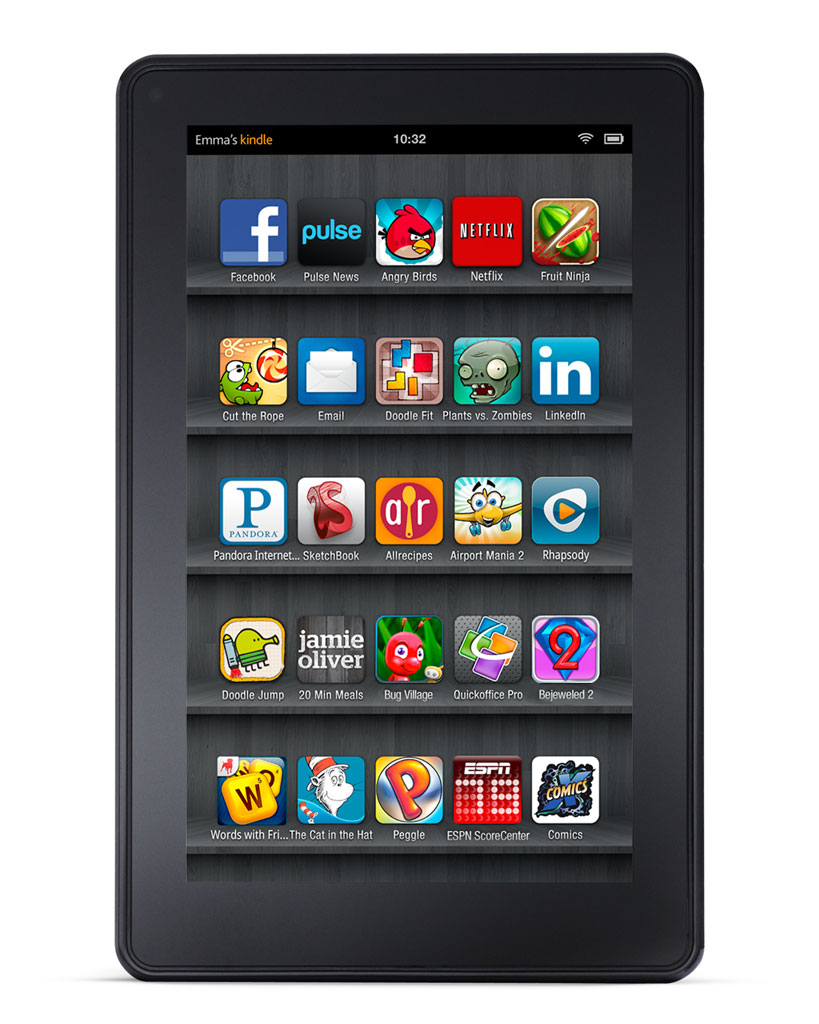CULTURE VULTURE: Do We Have to Give Up Books for the Good of the Planet?
By Linda Sharp
SEVERAL YEARS AGO I received an iPad through my then employer and immediately proceeded to nearly bankrupt myself purchasing e-books. The fact that I was just one quick password entry away from anything I wanted to read was just too tempting to resist, particularly when what I wanted to read was far better suited to the privacy a tablet provides.
(What? Like I wanted the world to know I was reading Fifty Shades of Grey.) (And Fifty Shades Darker.) (And, um, Fifty Shades Freed.) (Shut up—I had to see what happened next, didn’t I?) (Spoiler alert: They had sex.)
For a while I indulged in the benefits an e-reader offered, like instantaneous title access, the ability to carry as many books as I wanted in one light device (so great for air travel and camping), and its gentle backlit illumination that allowed me to read at night. But it wasn’t long before I realized that I greatly preferred a physical book that I could hold in my hands. I like the feel of the paper, the non-glowing text set in the typeface carefully chosen by the publisher, the oddly pleasant heft of a hardback. Having read many books in both formats, I find that I get much more immersed in a non-digital story.
I like to read paper books, and I also like to keep them. Which is to say, I have shelf after shelf after shelf of books in my home, about half of which I’ve purchased new. So to bring this around to the actual point of this article: Is being a Luddite bibliophile bad for the planet? Am I killing the earth by preferring paper?
According to some studies, a single book—its production, transport, and either recycling or disposal—generates about 7.5 kg of carbon dioxide equivalents, which is the value of all its greenhouse gas emissions expressed in terms of the impact of carbon dioxide. In 2010, the Green Press Initiative reported that printed books were using 1.45 million tons of paper per year: the equivalent of nearly 25 million trees. Newspapers are even less environmentally friendly, consuming about 67 million trees annually. Oh, and the U.S. book and newspaper industries combined use 153 billion gallons of water each year, and emit more than 40 million metric tons of CO2, equivalent to the annual emissions of 7.3 million cars.
When you look at those numbers, it seems like a no-brainer that electronic readers would be the greener choice. It seems, however, that the jury is still out on this comparison, because all sorts of conflicting information is out there. What everyone largely seems to agree on thus far is that while there is both a known and an unknown environmental cost of producing e-readers, the more digital books people consume instead of paper, the more they pay back their carbon dioxide and water deficit.
In other words, digital is likely the better choice in the long run. Depending on whom you believe and what is being compared, the environmental scales tip in the favor of e-readers somewhere around your 20th book.
Still, should we really be expected to completely give up printed books in favor of electronic gadgets and gizmos? No more beautiful hard copies, no more signed collectibles, no more pulpy much-loved paperbacks with cracked spines and dog-eared pages?
There’s one obvious way to enjoy printed materials without the environmental downsides: the library. I confess that in the last year or so my library card has been gathering dust, mostly because I get impatient to read a specific title and end up buying it instead of waiting my turn to check it out. That’s definitely something I can change without too much hardship. We have a great library here in Eugene, and what does it really matter if I wait a few extra weeks to read the latest best-seller?
Between libraries, borrowing and lending from friends, used bookstores, and buying online (a greener choice than most brick-and-mortars, because large bookstores often stock more titles than they can sell, leading to return shipments and recycled inventory), it seems to me that those of us who prefer printed materials have several options for lightening our environmental footprint.
But here also is my uncomfortable confession: Even if all the research in the world said switching from paper books to digital was the way to go—I don’t think I could make myself do it. Could you?

